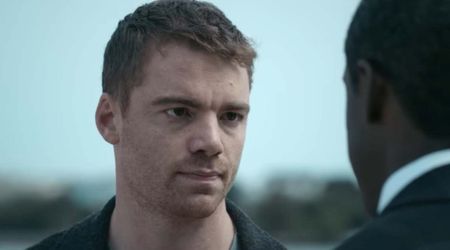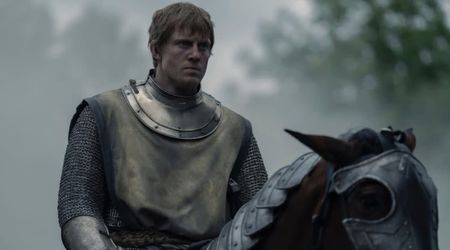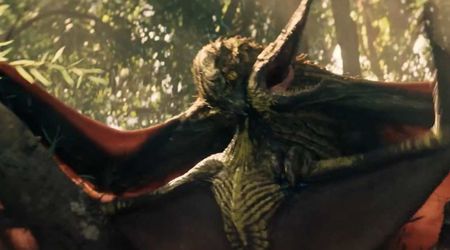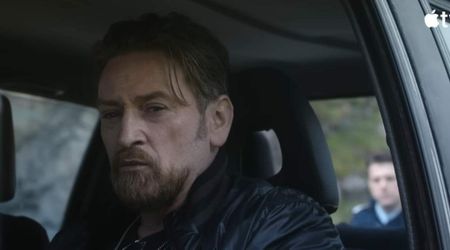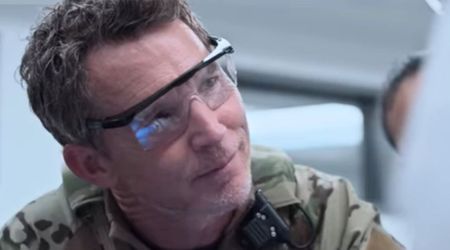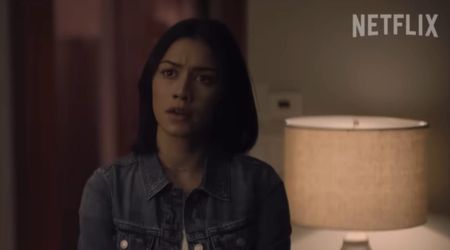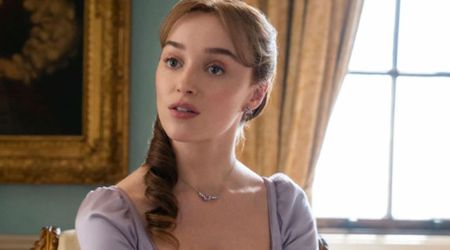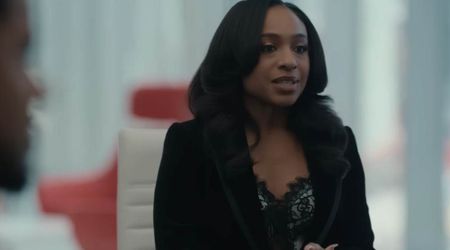Book adaptations are taking over the small screen, including 'The Handmaid's Tale', 'His Dark Materials', 'Good Omens' and more

The year 2019 is a great one for literary buffs. There are a number of book to series adaptations lined up, including 'Catch 22', 'The Loudest Voice', 'The Handmaid's Tale', 'Big Little Lies', 'Good Omens' and 'His Dark Materials' — to name a few. While some like Neil Gaiman's 'Good Omens' (Amazon Prime Video) written by Gaiman and Terry Pratchett stick by the source material, others like 'Big Little Lies' (HBO) and 'The Handmaid's Tale' (Hulu) steer away from their foundations.
Either way, literary adaptations are being made in abundance for the screen – and not the big screen. In fact, what makes this phenomenon all the more interesting is that these literary adaptations are coming for television or web series formats. "For almost a century, screenwriters have been trying to squeeze in hundreds, sometimes thousands, of pages of novel into a 110-page script," says Paul Chitlik, clinical assistant professor of screenwriting at Loyola Marymount University. "Now they don't have to. They can take the time to develop the characters and the stories to their fullest, even explore aspects of both in a way that novels, or even plays, can't," he says.
Adapting literature for the small screen and for on-demand streaming services gives the potential for storytelling and character development – pointers that often don't always work in favor of literary adaptations for the big screen. Reiterating this point is the fate that 'The Golden Compass' – a movie adaptation of Philip Pullman's book 'His Dark Materials' starring Nicole Kidman, Daniel Craig and Dakota Blue Richards – met. The source material written by Pullman was a trilogy that failed to fully project on the screen. Several fans of the book criticized 'The Golden Compass' for its superficial treatment of the plot and its characters.
Later this year, however, BBC and HBO will release 'His Dark Materials', an eight-episode first season of the latest TV adaptation. Warren Rochelle, professor of English at the University of Mary Washington, talks about the decade's worth of difference between the movie and the series. "That there is a series being released, and not another movie, is a good start for learning from the mistakes in the 2007 film. Pullman's world is complex and layered and dense and a series allows for this to be really explored."
Warren concurs that book adaptations as TV or web series make for a very different viewing experience. "Storytelling [for series adaptations] goes into more depth in character development and world-building than a single movie or TV program can do. I have seen the 1990 movie of 'The Handmaid’s Tale' several times, as I have used the novel in my SF lit class as an example of dystopian fiction and alternate history," he says. He offers the example of Hulu's 'The Handmaid's Tale', which has been adapted for different mediums but still takes from Margaret Atwood's source material. "I have just started the Hulu series, season one (I know, I’m behind!) and I was pleasantly surprised at the depth of character development and world building that the series offers that the movie could not. I like both, but I like the series better," he shares.
Over the last few years, the demand for content and quality has been on the rise. Viewers today, with all the plethora of channels delivering content at the tip of their fingers, are seeking an experience not only different but better than the previous one. "My first agent told me what audiences want," begins Chitlik. "They want to be satisfied. I would add to that and say that they want to be intrigued, surprised, made to laugh and cry — maybe all of that. They also want to see themselves on the screen, meaning people of color, people with non-traditional sexual orientation, people with disabilities (the largest minority in the country)."
On the other hand, Warren adds multiple expectations from the audience. "Immersion into a world believable in the context in which it is being presented is one. So are strong characters with which to identify, characters to love or hate, to cheer for or hope they get their just due. But in a series/adaptation, they seek characters they know already (in many cases) that the viewer can grow with, share experiences vicariously. But one can come to the TV series first, and many viewers often do. I have taught a senior seminar on Tolkien several times and many of the students in these classes have seen, for example, all of the 'Lord of the Rings' movies, and not yet read the novels," he speaks from experience.
And even so, lastly, "Fidelity to the original text to some extent. An adaptation is an interpretation, someone’s reimagining, so there will be some differences, but I think being true to the character's core, his or her heart, matters. I think they want to see that the adaptation has taken the book seriously."

